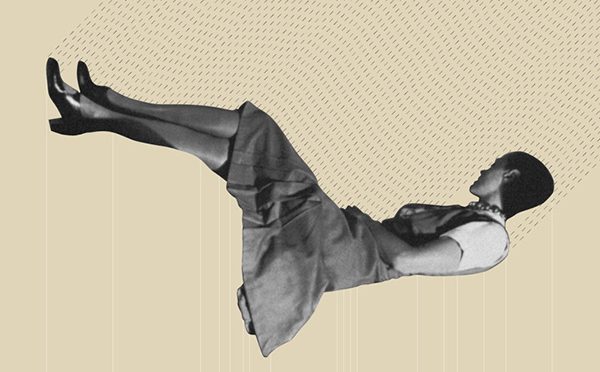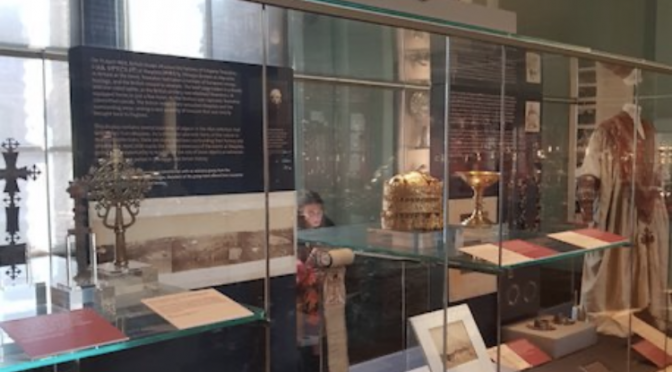by Charlotte Jones, Teaching Fellow in Victorian and Modern Literature at King’s College London
“Going where it is possible to go would not be a displacement or a decision, it would be the irresponsible unfolding of a program. The sole decision possible passes through the madness of the undecidable and the impossible: to go where (wo, Ort, Wort) it is impossible to go.”
Derrida, On the Name (Stanford UP, 1995), 50.
In one of the most durably useful of all modernist expressions of the value of novelty, Ezra Pound called on art to “make it new”. Putting aside the fact that Pound’s slogan was itself the product of historical recycling – the source is probably an anecdote about Ch’eng T’ang (Tching-thang, Tching Tang), first king of the Shang dynasty (1766–1753 BC), who was said to have a washbasin inscribed with this inspirational motto – these three words are commonly recited as the epitome of what modernism stands for: rupture, revolution, innovation, defamiliarisation, the logic of creativity-in-destruction that fortifies the avant-garde.
Continue reading “Renovate, dod gast you, renovate!”: where next for modernist studies?


